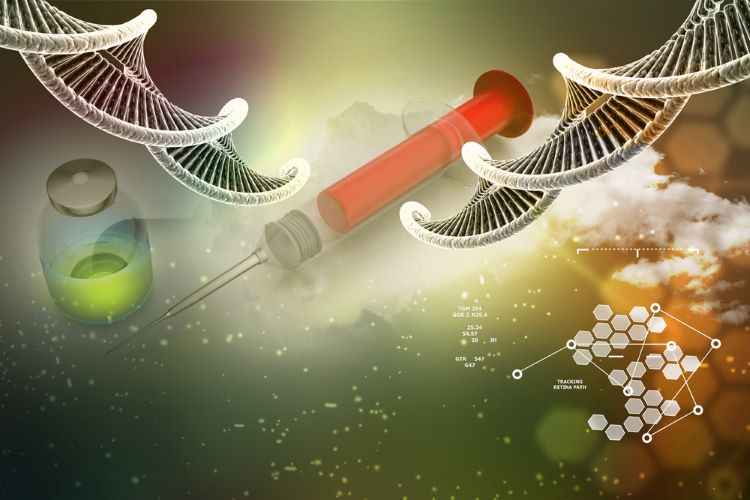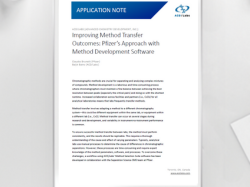mRNA vaccine plus KEYTRUDA® improve melanoma survival
Posted: 14 December 2022 | Catherine Eckford (European Pharmaceutical Review) | No comments yet
An mRNA vaccine plus KEYTRUDA® significantly improved recurrence-free survival in a Phase II trial for advanced melanoma patients.


Moderna, Inc. and Merck have announced that a Phase IIb trial (NCT03897881) of a personalised mRNA cancer vaccine (mRNA-4157/V940), in combination with KEYTRUDA®, Merck’s anti-PD-1 therapy, demonstrated the first randomised evidence that a personalised neoantigen approach may be beneficial in treating melanoma.
Adjuvant treatment with mRNA-4157/V940 in combination with KEYTRUDA® reduced the risk of recurrence or death by 44 percent (HR=0.56 [95 percent CI, 0.31-1.08]; one-sided p-value=0.0266) compared with KEYTRUDA® alone in stage III/IV melanoma patients following complete resection.
Personalised cancer vaccines are designed to prime the immune system so a patient can generate a tailored anti-tumour response specific to their tumour mutation signature. mRNA-4157/V940 stimulates an immune response by generating specific T cell responses based on the unique mutational signature of a patient’s tumour. KEYTRUDA® increases the ability of the body’s immune system to help detect and fight tumour cells. Based on early clinical studies, combining mRNA-4157/V940 with KEYTRUDA® may potentially provide an additive benefit and enhance T cell-mediated destruction of tumour cells.
Improved survival for resected advanced melanoma
The primary endpoint for the study is recurrence-free survival, and secondary endpoints include distant metastasis-free survival and safety.
The Phase IIb trial enrolled 157 stage III/IV melanoma patients. After complete surgical resection, patients were randomised to receive a total of nine doses of mRNA-4157mRNA-4157/V940 and 200mg of KEYTRUDA® every three weeks up to 18 cycles, for approximately one year, versus KEYTRUDA® alone for approximately one year until disease recurrence or unacceptable toxicity.
Safety data from the Phase IIb trial assessing an mRNA cancer vaccine plus KEYTRUDA®
Adverse events observed with mRNA-4157/V940 in KEYNOTE-942 were consistent with those previously reported in a Phase I clinical trial. The safety profile of KEYTRUDA® was consistent with that observed in previously reported studies. Serious treatment-related adverse events (SAEs) occurred in 14.4 percent of patients who received the combination arm of mRNA-4157/V940 and KEYTRUDA® versus 10 percent with KEYTRUDA® alone.
“Today’s results are highly encouraging for the field of cancer treatment. mRNA has been transformative for COVID-19, and now, for the first time ever, we have demonstrated the potential for mRNA to have an impact on outcomes in a randomised clinical trial in melanoma,” shared Stéphane Bancel, Moderna’s Chief Executive Officer. “We will begin additional studies in melanoma and other forms of cancer with the goal of bringing truly individualised cancer treatments to patients. We look forward to publishing the full data set and sharing the results at an upcoming oncology medical conference, as well as with health authorities.”
“These data provide the first evidence that we can improve on the rates of recurrence-free survival achieved by PD-1 blockade in resected high-risk melanoma. These findings also provide the first randomised evidence that a personalised neoantigen approach may be beneficial in melanoma,” commented Dr Jeffrey S Weber, PhD, Principal Investigator of the study and Deputy Director of the Perlmutter Cancer Center at NYU Langone.
The companies plan to discuss the results with regulatory authorities and initiate a Phase III study in melanoma patients in 2023.
Related topics
Anti-Cancer Therapeutics, Big Pharma, Biopharmaceuticals, Clinical Development, Clinical Trials, Drug Development, mRNA, Personalised medicine, Research & Development (R&D), Therapeutics, Vaccines









